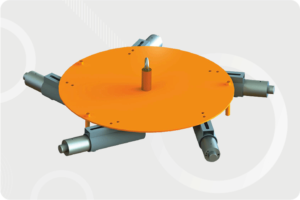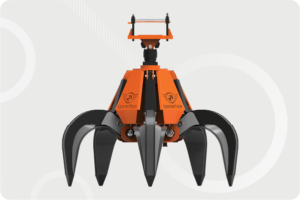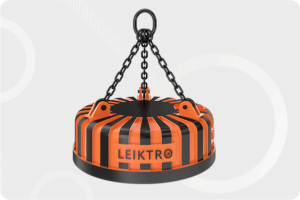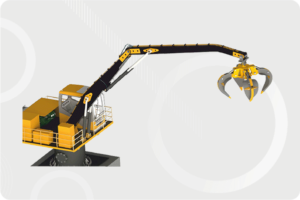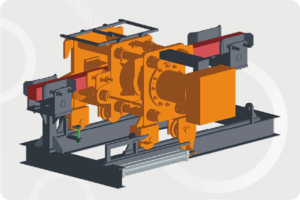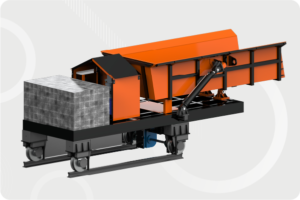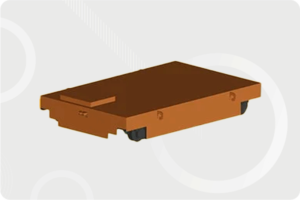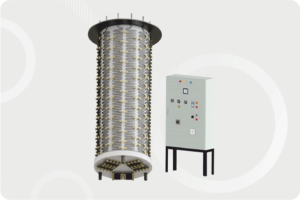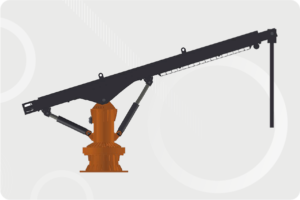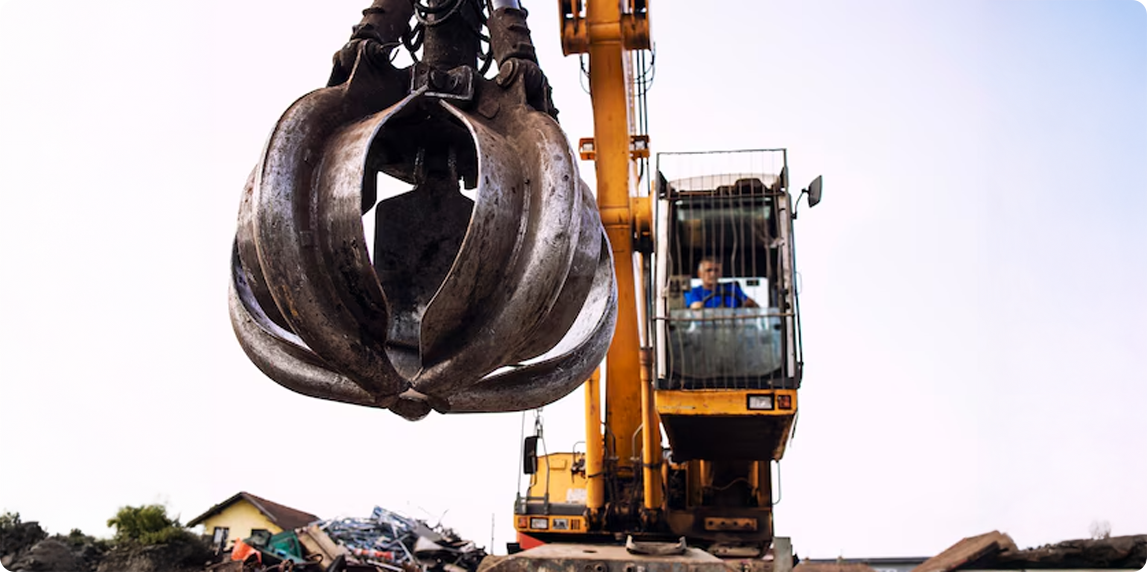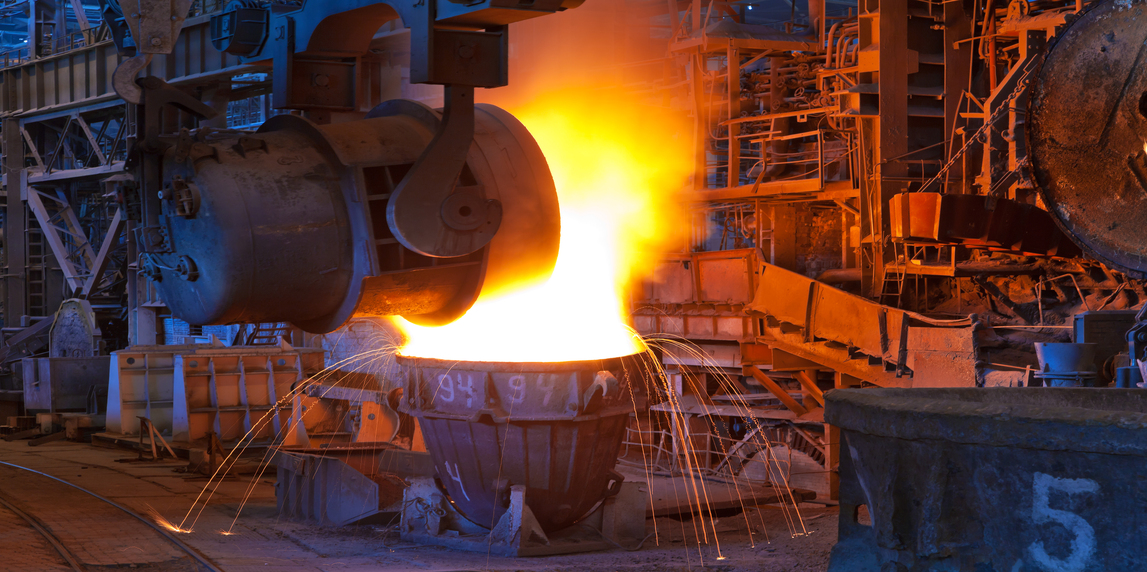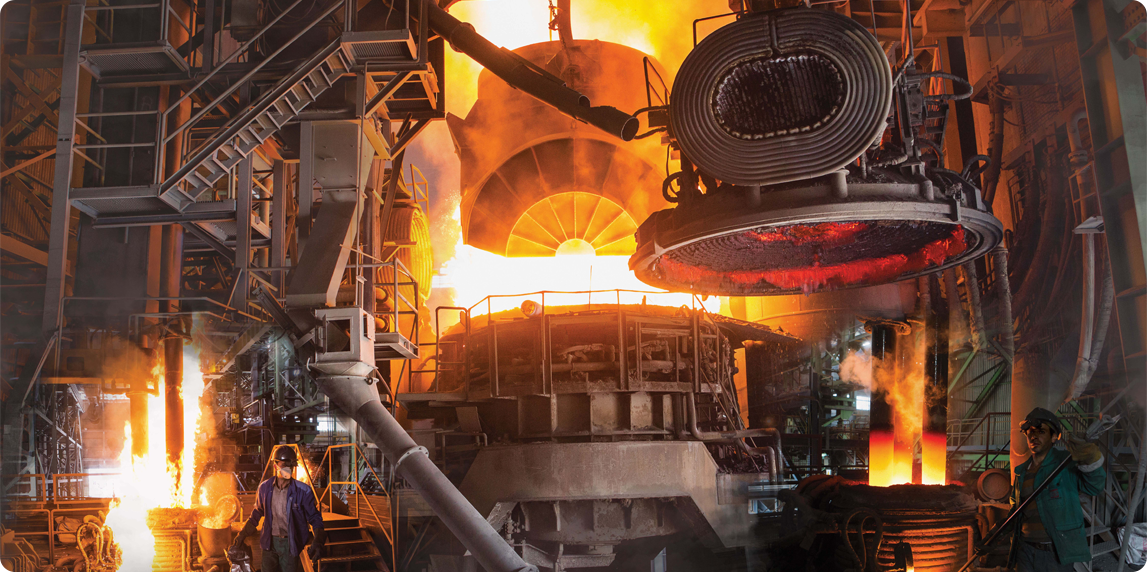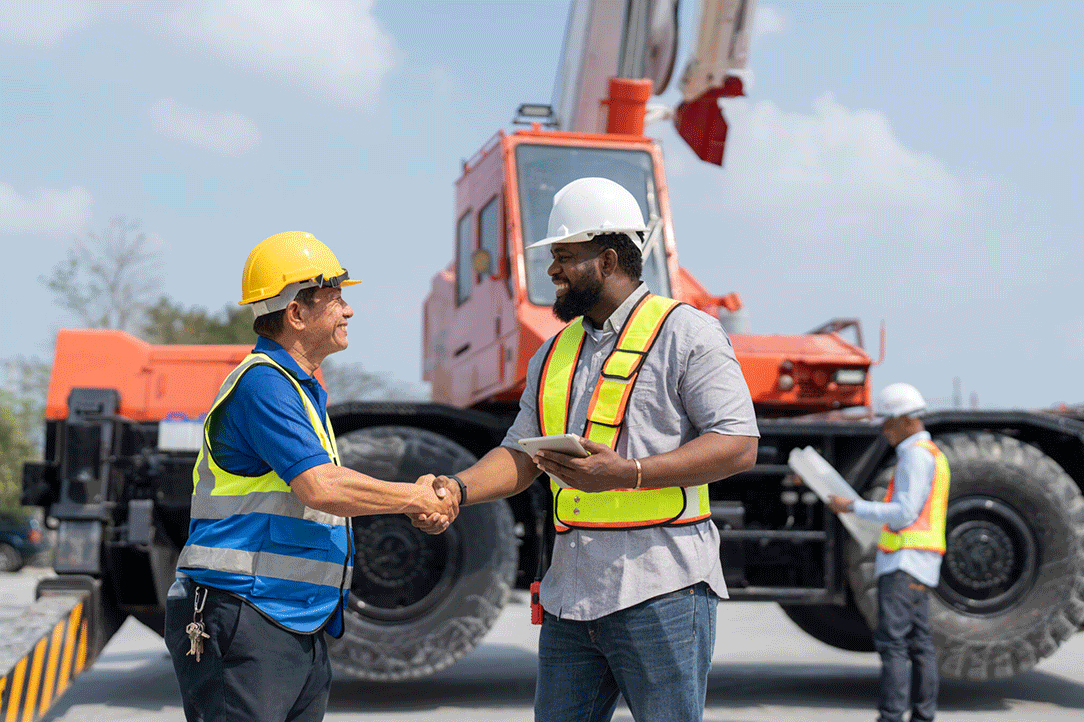
Operating heavy industrial machinery comes with significant responsibilities and inherent risks. Ensuring the safety of operators and maintaining a secure work environment are critical to preventing accidents and injuries. In this blog, we’ll discuss essential safety practices for operating industrial equipment and highlight how LeisterTech prioritizes safety in its machinery designs to support a safer industrial workplace.
1. Proper Training and Certification
Before operating any heavy machinery, it is essential that operators receive comprehensive training and certification. Well-trained operators are more likely to understand the equipment’s functions, safety protocols, and emergency procedures.
Key Points:
- Certification: Operators should hold relevant certifications that demonstrate their proficiency and understanding of industrial equipment safety standards.
- Operator Training: Ensure that all personnel undergo rigorous training on machinery operation, including hands-on practice and theoretical knowledge. This training should cover machine controls, safety features, and emergency response.
2. Regular Maintenance and Inspections
Routine maintenance and inspections are crucial to ensure that machinery remains in safe working condition. Regular checks help identify potential issues before they become serious problems, reducing the risk of equipment failure.
Key Points:
- Pre-Operation Inspections: Conduct daily inspections before starting machinery to check for any visible damage or malfunctions. Ensure that safety devices and emergency stops are functioning correctly.
- Scheduled Maintenance: Follow a regular maintenance schedule as recommended by the equipment manufacturer. This includes checking critical components, lubricating moving parts, and replacing worn-out parts.
3. Use of Personal Protective Equipment (PPE)
Personal protective equipment (PPE) is essential for safeguarding operators from potential hazards associated with industrial machinery. PPE should be worn at all times when operating or working near heavy equipment.
Key Points:
- Regular Inspection: Regularly inspect PPE for damage and replace any worn or defective equipment to ensure ongoing protection.
- Mandatory PPE: Ensure that operators wear appropriate PPE, such as helmets, safety glasses, gloves, and hearing protection. The specific PPE required will depend on the nature of the machinery and the potential hazards involved.
4. Adherence to Safety Protocols
Following established safety protocols is vital for preventing accidents and maintaining a safe work environment. Safety procedures should be clearly communicated to all personnel and strictly adhered to.
Key Points:
- Emergency Response Plan: Establish and practice an emergency response plan to address potential accidents or equipment malfunctions. Ensure that all employees are familiar with the plan and know their roles in an emergency.
- Standard Operating Procedures (SOPs): Develop and enforce SOPs for operating machinery, including guidelines for safe operation, emergency procedures, and communication protocols.
5. Safe Operating Practices
Practicing safe operating techniques helps minimize the risk of accidents and ensures that machinery is used correctly. Operators should be aware of and follow best practices for safe operation.
Key Points:
- Follow Manufacturer Guidelines: Adhere to the manufacturer’s operating guidelines and safety recommendations. Avoid overloading the machinery or using it for purposes other than those for which it was designed.
- Avoid Distractions: Operators should remain focused and avoid distractions while operating machinery. Ensure that they are well-rested and alert to maintain optimal concentration.
6. Proper Signage and Warnings
Clear and visible signage is essential for communicating safety information and warnings to operators and other personnel. Signage should be placed strategically around machinery and work areas.
Key Points:
- Safety Signage: Use safety signs to indicate areas where PPE is required, highlight emergency exits, and provide information about emergency procedures.
- Warning Labels: Equip machinery with appropriate warning labels and instructions to alert operators to potential hazards and proper operating procedures.
7. Leveraging Safety Features in Machinery
Modern industrial machinery often comes equipped with advanced safety features designed to protect operators and reduce the risk of accidents. Leveraging these features can significantly enhance workplace safety.
Key Points:
- Emergency Stop Buttons: Ensure that machinery is equipped with easily accessible emergency stop buttons that can quickly halt operation in case of an emergency.
- Safety Interlocks: Utilize safety interlocks that prevent machinery from operating unless certain conditions are met, such as closing safety guards or ensuring that all personnel are clear of the machine.
8. LeisterTech’s Commitment to Safety
At LeisterTech, we prioritize safety in the design and manufacturing of our industrial machinery. Our products are engineered with a range of safety features to support a secure working environment and minimize risks.
How LeisterTech Promotes Safety:
- Integrated Safety Features: Our machinery incorporates safety interlocks, emergency stop buttons, and other advanced safety mechanisms to protect operators and prevent accidents.
- Rigorous Testing: We conduct extensive testing to ensure that our equipment meets the highest safety standards before it reaches our clients. This commitment to quality ensures that our machinery performs reliably and safely in industrial environments.
Conclusion
Ensuring safety in the operation of heavy industrial machinery is paramount to protecting personnel and maintaining a productive work environment. By following essential safety practices, such as proper training, regular maintenance, and adherence to safety protocols, manufacturers can significantly reduce the risk of accidents and injuries.
LeisterTech is dedicated to enhancing safety through the design and integration of advanced safety features in our machinery. Our commitment to safety reflects our broader goal of supporting our clients with reliable and secure industrial solutions. By embracing these safety practices and leveraging the safety features of our equipment, you can create a safer and more efficient industrial workplace.


